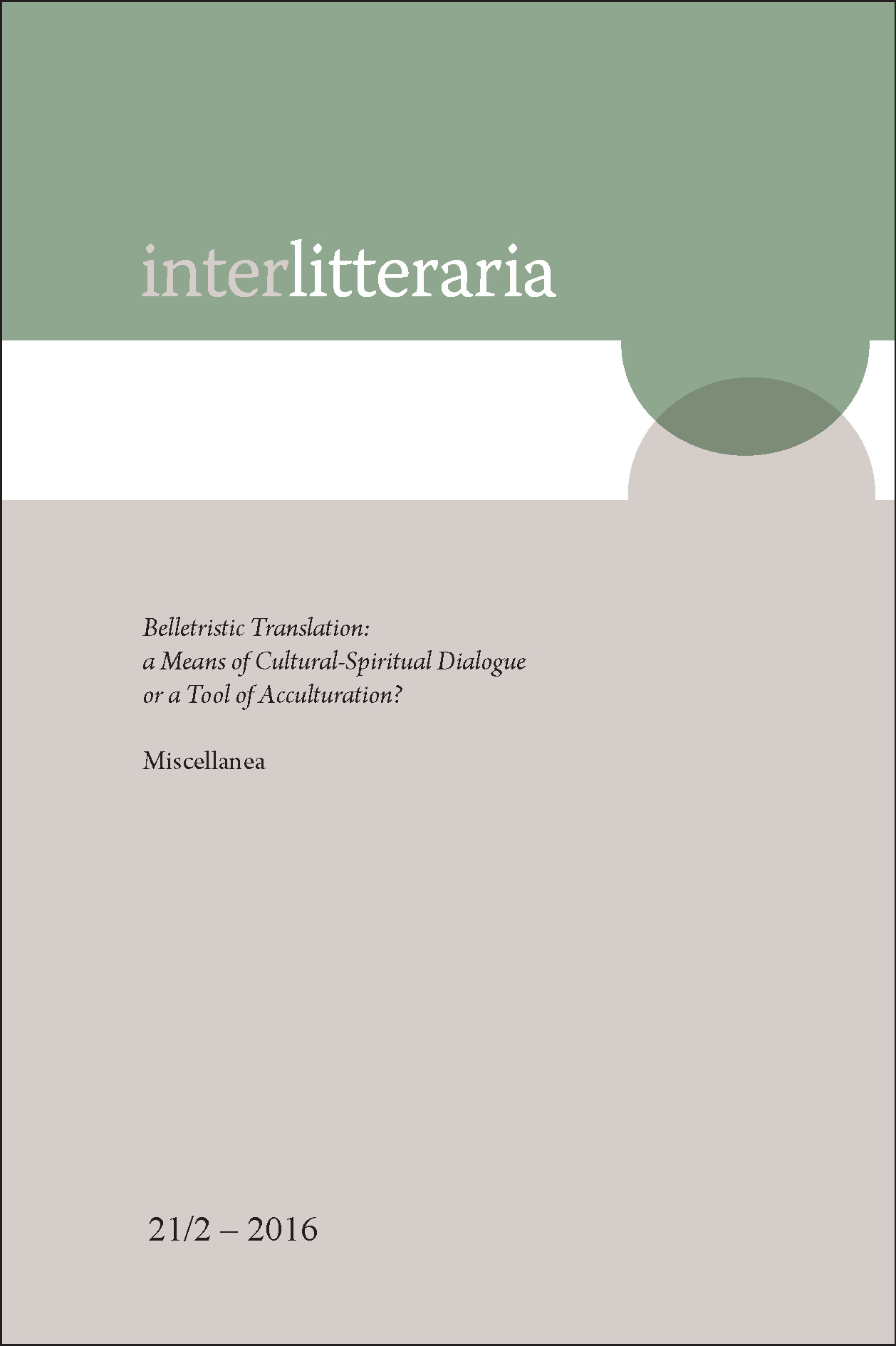The Translator’s Paradox
DOI:
https://doi.org/10.12697/IL.2016.21.2.3Keywords:
translator’s status, France, playwrights, belletristic, Christophe Plantin, Casanova de Seingalt, A. H. Tammsaare, intellectual property lawAbstract
This paper will focus on the translators as their situation has proved to be more and more difficult in France. With examples, we want to consider how one’s position has evolved in the publishing world from the 16th century to the present. Looking at the 16th century, we can observe a real fever for translations of ancient texts. In the Netherlands, Italy and France, printers were translators and signed their translations with their proper name. Playwrights did the same with Latin and Greek works. For example, we know Oedipo tyranno by Giustiniani who translated Sophocles. The name of the Greek or Latin writer was eclipsed by the translator’s name such as Plantin and the Biblia Polyglotta, or Belleforest with his translation of The War of the Jews written by Flavius Josephus. The translation of the title gave the work a new specificity and was considered as the genuine work of the translator even though the name of the original author was still given. During the 16th century in France, Literary Property Laws were called “Privilège” and were attached to the author of the printed text. Later on, this law changed. We know that playwrights used translations and never mentioned the authors as they had actually never done before. Indeed, this particular type of literature often evaded the law. The publishers became more and more important and could thus decide what would be announced on the book’s cover. The author is to be mentioned for legal reasons, but translators are rarely mentioned. Today, you have to search for their name inside the book despite the fact that as our world is becoming more and more global we need them more and more. To some extent, on stage, some directors plunder translations done by specialists and attribute them to themselves. Two avenues of enquiry should help us understand the French translator’s paradox, which consist in the fact that the translator’s status evolves from a finder and producer to an intellectual whose name is today nearly ignored – despite his/her legal status.Downloads
Download data is not yet available.
Downloads
Published
2016-12-31
Issue
Section
Articles
License
The contents of Interlitteraria are published under CC BY-NC-ND licence.


